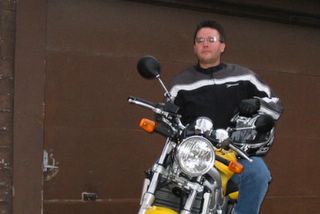A very small number of taxpayers -- the 10% of the country that makes more than $92,400 a year -- pay 72.4% of the nation's income taxes. According to the CBO, those who made less than $44,300 in 2001 -- 60% of the country -- paid a paltry 3.3% of all income taxes. By 2005, almost all of them were excused from paying any income tax. They paid less than 1% of the income tax burden. Their share shrank even when taking into account the payroll tax. In 2001, the bottom 60% paid 16.3% of all taxes; by 2005 their share was down to 14.3%. All the while, this large group of voters made 25.8% of the nation's income.
When you make almost 26% of the income and you pay only 0.6% of the income tax, that's a good deal, courtesy of those who do pay income taxes. For the bottom 40%, the redistribution deal is even better. In 2001, these 43 million Americans, who earn less than $30,500, made 13.5% of the nation's income but paid no income tax. Instead, they received checks from their taxpaying neighbors worth $16.3 billion. By 2005, those checks totaled $33.3 billion.
The economic and moral problem is that when 50% of the country gets benefits without paying for them and an increasingly smaller number of taxpayers foot the bill, the spinning triangle will no longer be able to support itself. Eventually, it will spin so slowly that it falls down, especially when the economy is contracting and the number of wealthy taxpayers is in sharp decline.
13 April 2009
Only By Spinning Faster and Faster Does the Top Stay Upright
What if you kept increasing the number of people who could vote to put the tax burden on someone else? How long would that society last?
Subscribe to:
Post Comments (Atom)


No comments:
Post a Comment